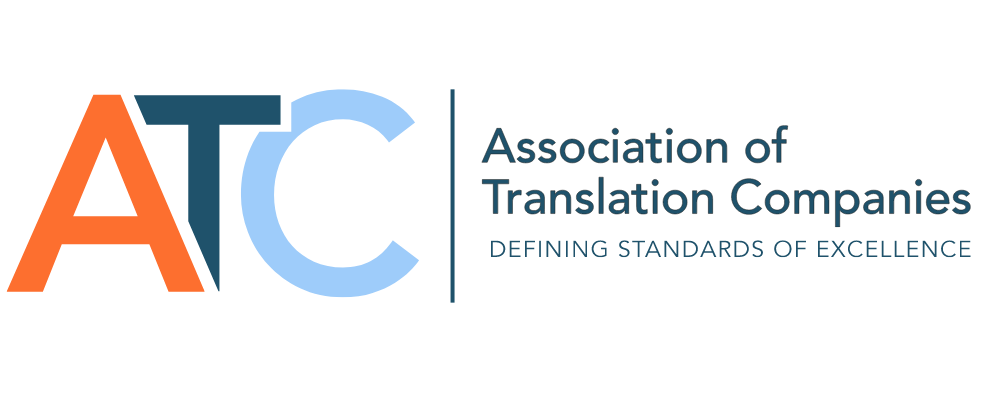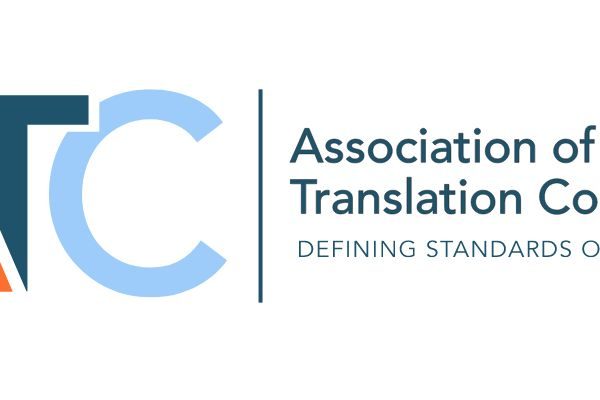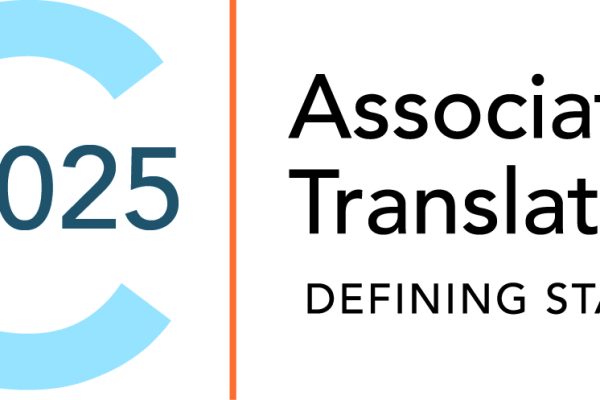The autumn is packed full with engaging, insightful events by the ATC and our global…

Diversity in Public Sector Language Provision: LGBTQI+ People in Asylum Settings
Lana Adie’s Dissertation from Aston University’s MA Translating for Business and International Institutions is an exploratory study on Home Office policy guidance documents regarding language provision for LGBTQI+ people in asylum settings.
“Reducing inequality and promoting diversity are two of today’s hugely important social values in the provision of language services for the UK’s public sector. Lana’s research, initiated as part of the ATC’s Collaborative MA Projects, is the first look into how these themes manifest in the guidance provided by public service authorities, and how we can further improve the landscape both for the non-English-speaking users of public services, and the translators and interpreters who support them,” comments the ATC’s CEO Raisa McNab.
Executive summary of MA dissertation:
An exploratory study on Home Office policy guidance documents regarding language provision for LGBTQI+ people in asylum settings
This dissertation set out to explore the current state of language provision for LGBTQI+ individuals in Home Office asylum settings, specifically through the analysis of policy guidance documents. This analysis took the form of corpus and policy analysis, aiming to discover how Home Office policy guidance documents addressed language policy and LGBTQI+ identities in asylum proceeding. The lack of relevant literature combining language services and LGBTQI+ identities in asylum situations showcases a space where the two topics could be discussed in tandem with one another. The ultimate goal of the resulting recommendations is to offer solutions to unfair or unbalanced asylum situations for LGBTQI+ individuals, as well as the attending officers and linguists utilised by the Home Office for such situations.
Main findings
- While providing public guidelines on how to deal with the occurrence of sexual orientation and gender identity (SOGI) in asylum claims, the Home Office and UK Visas and Immigration (UKVI) do not provide enough public information regarding the practical aspects of language provision for such claims. This information may be supported by internal, private policies and practices, but the relevant information was not accessible for this dissertation. Some of this information is confidential as it can contain personal, private information such as individual asylum cases, which would require deeper research outside of this dissertation. The predominant concern from this finding is the lack of knowledge surrounding practices such as interpreter selection, conduct, and training. However, these concerns could easily extend to decision makers (monolingual or otherwise).
- Terminology is not standardised, contemporary, and in some cases is totally absent when the question of SOGI claimants is raised, whether for an individual who requires language services or not. While some policy documents analysed did contain mentions of terminology in relation to SOGI claimants, only one document provided a consolidated glossary. This document is over a decade old at the time of analysis and contains terms considered outdated by the individuals described by them.
Possible recommendations
- As an overarching recommendation, this dissertation recognised that centralising information could be improved across the board to better consolidate decision makers’ understanding of asylum situations.
- Training specific to LGBTQI+ asylum claimants should be provided to UKVI interpreters, if not already in place. As the full recruitment and potential training procedures for UKVI interpreters are not publicised, this recommendation requires further study to analyse policy in conjunction with practice.
- Miscommunication regarding terminology can be mitigated by providing linguists with multilingual termbases or glossaries containing relevant LGBTQI+ terms in both English and the source language. By allowing linguists to review terminology both pre-, during, and post-assignment, decision makers will be able to make a more precise ruling on specific claimants’ cases. Terms that may appear in these proposed resources should not be used as prescriptive, rather as a reference material for linguists to use or add to in order to aid their fulfilment of their duties. Monolingual glossaries may also allow monolingual participants in asylum situations (decision makers and applicants alike) to better understand the situation at hand.
About the author
Lana Adie recently completed an MA in Translation for Business and International Institutions in Aston University, off the back of her BSc in Translation Studies German. She currently works in the translation service industry, assisting translation and transcription projects for market research companies. You can find her at: https://www.linkedin.com/in/lanakadie
View the full dissertation here


